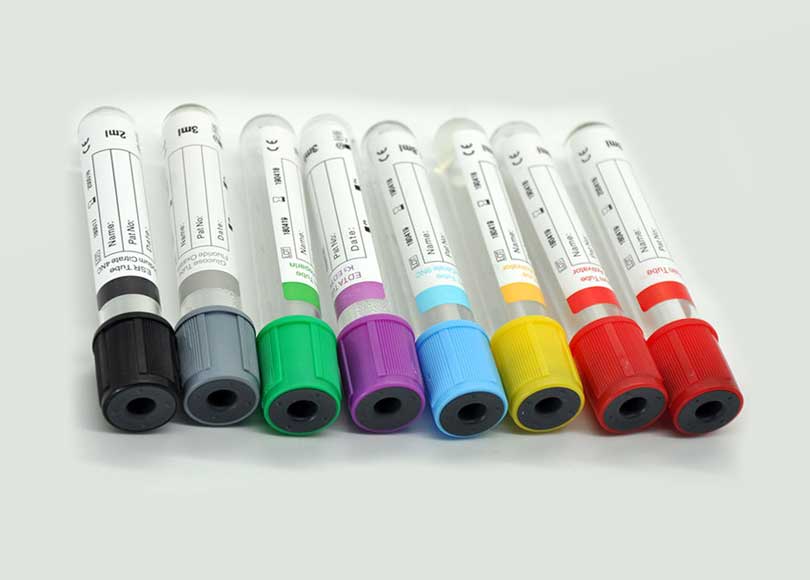Screening of chromosomal abnormalities in the first trimester of pregnancy with an integrated method

In 2012, a well-known article was published by the colleagues of Hope Generation Medical Institute and University of Tehran in the prestigious journal Ultrasound Obstet Gynecol, which has been used many times as a reliable source in other articles.
This research is the result of screening the first trimester of pregnancy in 13,706 fetuses (including 13,168 singleton pregnancies and 269 twin pregnancies) during a 5-year period, in which different screening approaches have been investigated. In this study, maternal age and biochemical markers were used in the screening of all fetuses, in addition to maternal age and biochemical markers, in 8581 fetuses out of all fetuses, the thickness of the back of the neck (NT), in 242 fetuses, the thickness of the back of the neck and blade nose (NT+NB), in 236 fetuses from the measurement of the thickness of the back of the neck and nasal septum and checking the atrio-right ventricular valve insufficiency of the fetus (NT+NB+TR), in 4647 fetuses from the measurement of the thickness of the back of the neck and nasal septum and checking the insufficiency The atrio-ventricular valve of the fetal heart and fetal abdominal vein blood flow (NT+NB+TR+DV flow) have also been used for screening.
The results of this research for the screening of Down syndrome (trisomy 21) showed that in the fetuses whose screening was done using maternal age and biochemical markers along with the thickness of the back of the neck and nasal septum and insufficiency of the right atrioventricular valve of the fetal heart and venous blood flow. Fetal abdomen (NT+NB+TR+DV flow) was performed, the report of false positive cases decreased from 4.84% to 3.4% and the screening accuracy increased from 93.8% to 100%.
The reduction of false positive cases from 4.84% to 3.4% has led to a reduction in unnecessary invasive diagnostic tests and the complications caused by these tests. In this research, genetic counseling is recommended before and after screening in all screening methods.
Target:
Investigating the screening performance of the first trimester for chromosomal abnormalities with a combination of the thickness of the back of the neck (NT), nasal bone (NB), right atrioventricular valve insufficiency, tricuspid regurgitation (TR) and fetal abdominal vein blood flow (DV flow) along with Maternal serum β-human chorionic gonadotropin (fβ-hCG) and pregnancy-associated plasma protein-A (PAPP-A) at the OSCAR Clinic.
analysis method:
A total of 13,706 fetuses in 13,437 pregnancies were screened for chromosomal abnormalities during a 5-year period. Data were evaluated based on the combination of maternal age and biochemical markers with only NT in 8581 fetuses, NT+NB in 242 fetuses, NT + NB + TR in 236 fetuses, and NT + NB + TR + DV flow in 4647.
Results:
A total of 51 chromosomal abnormalities were identified in the studied population, of the identified cases, thirty-three (33) cases of trisomy 21, eight (8) cases of trisomy 18, six (6) cases of sex chromosome abnormalities, one (1) case of triploidy and three ( 3) Other cases were chromosomal imbalances. Detection accuracy (DR) and false positive rate (FPR) respectively for trisomy 21, using biochemical markers and NT numbers 8.93 and 84.4, but using biochemical markers together with NT, NB, TR and DV flow numbers They were 100% and 3.4%.
Conclusion:
While risk assessment using a combination of biochemical markers and NT measurement is acceptable; But screening performance can be improved by using secondary ultrasound markers NB, TR and DV flow. This advanced method leads to a reduction in the false positive rate (FPR) from 4.8% to 3.4% and reduces unnecessary invasive diagnostic tests and subsequent complications while maintaining the maximum level of detection rate, pre- and post-screening genetic counseling. It is important because of the high importance of both methods.






